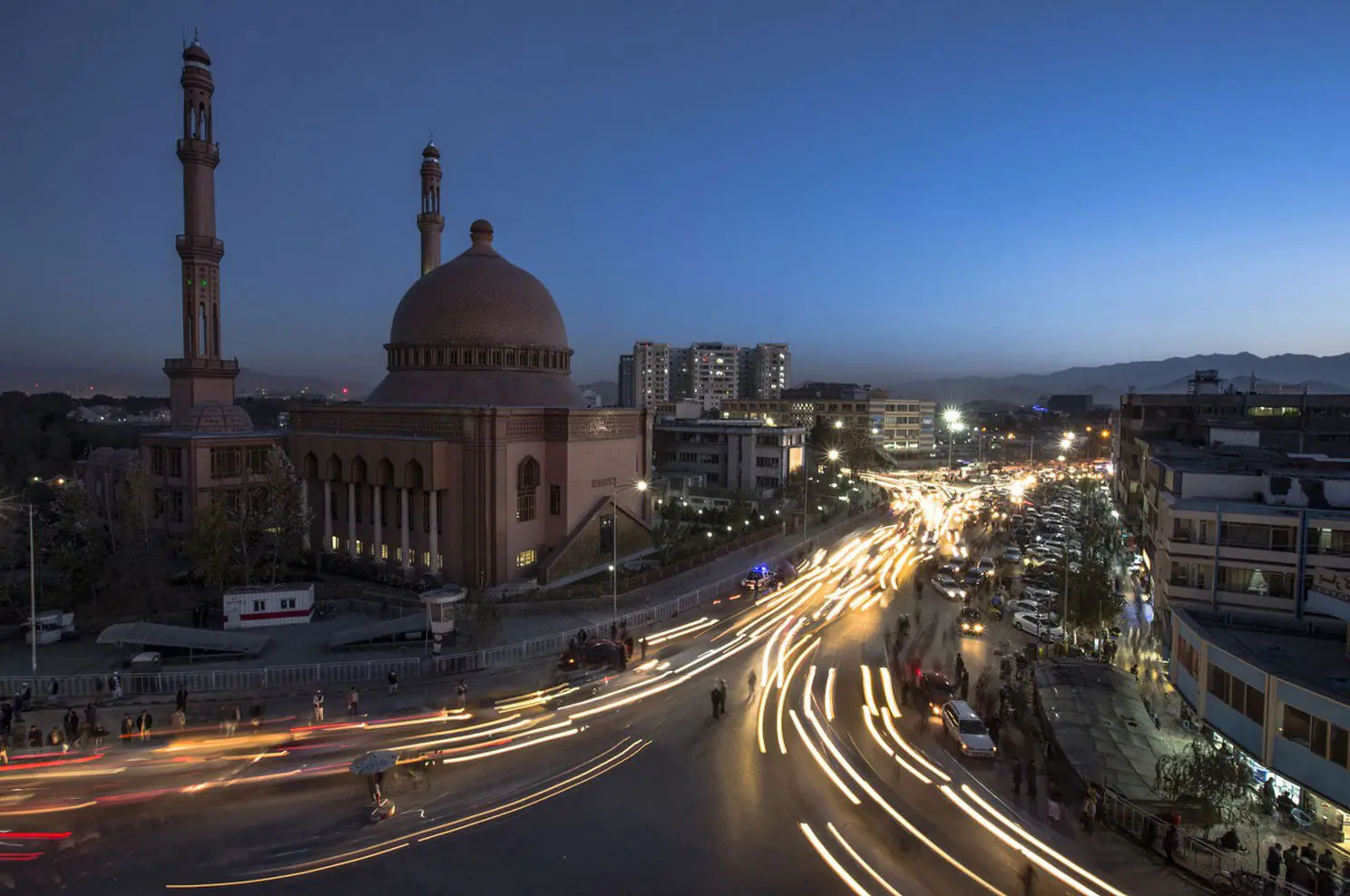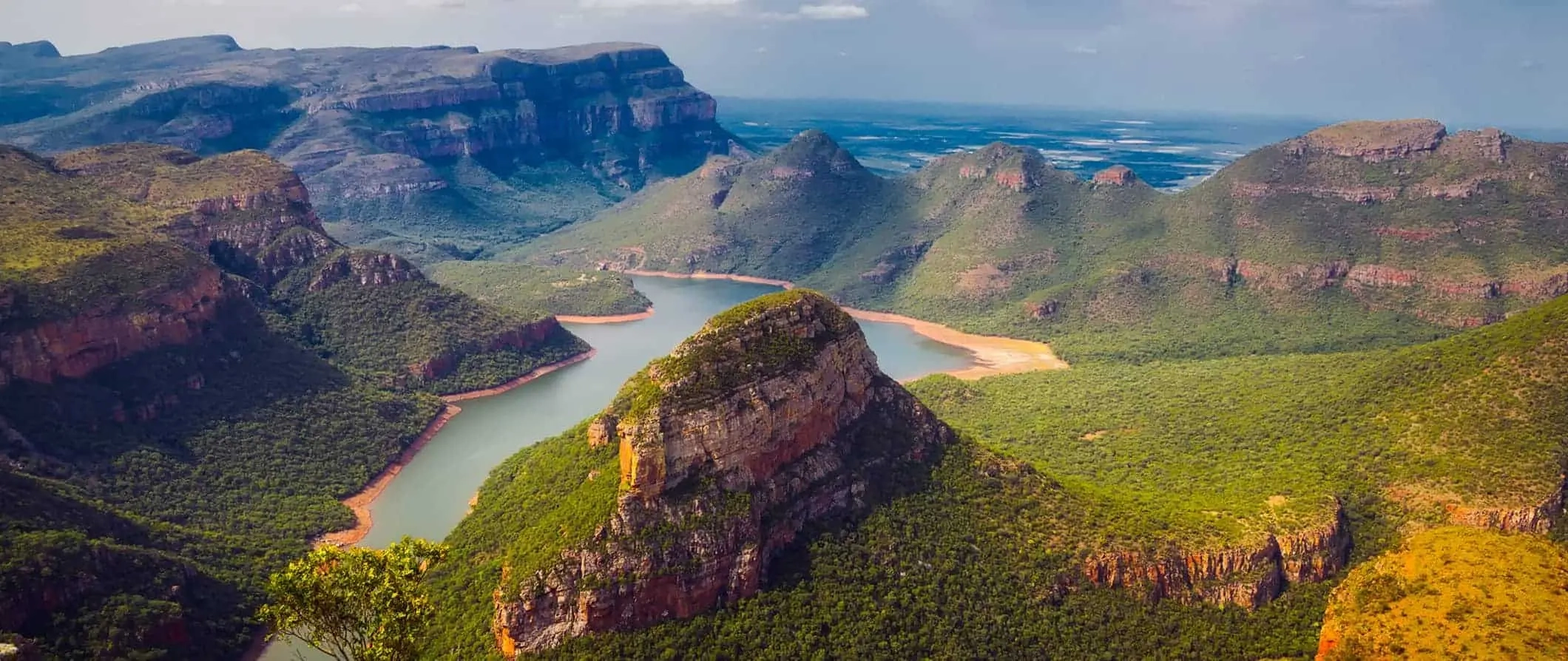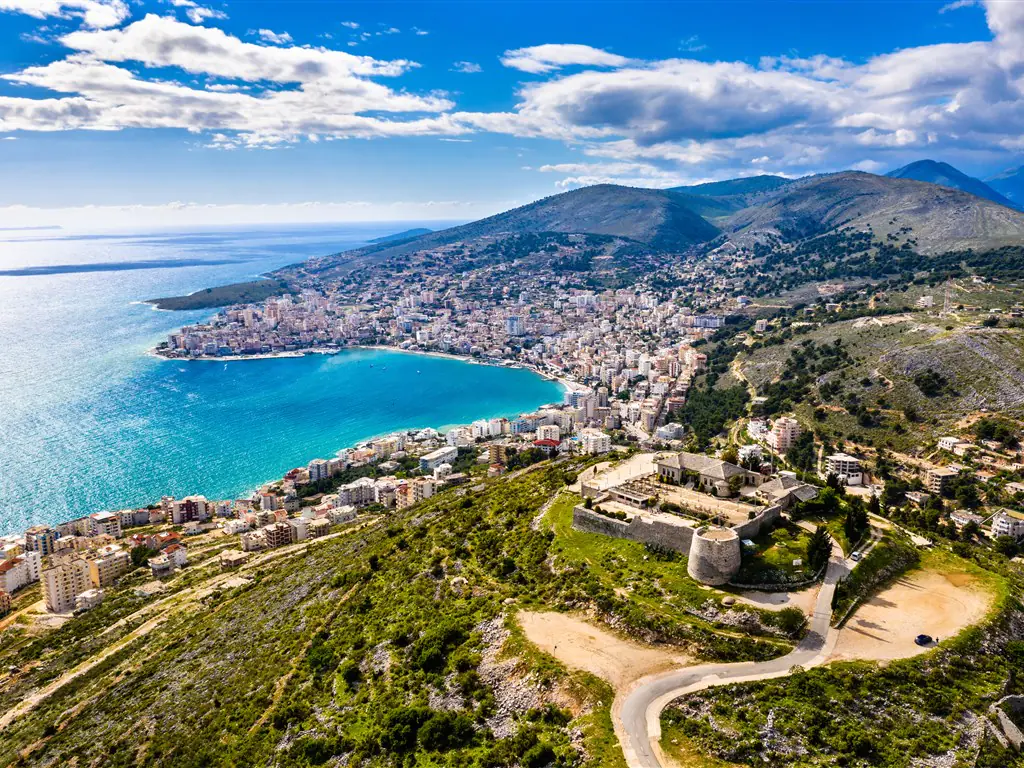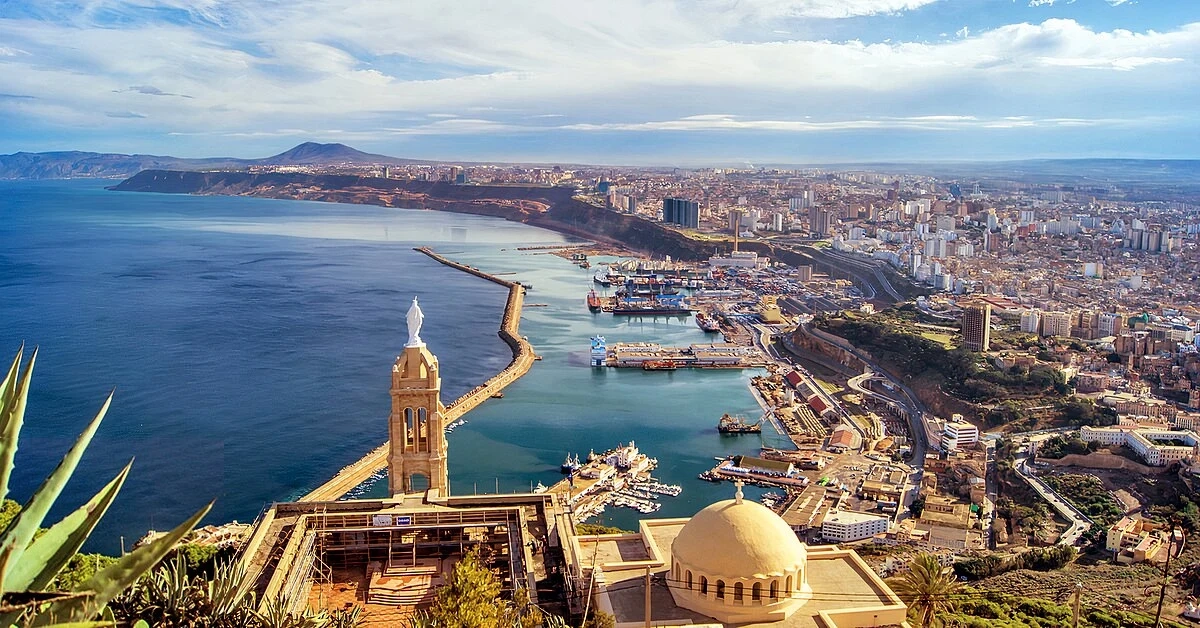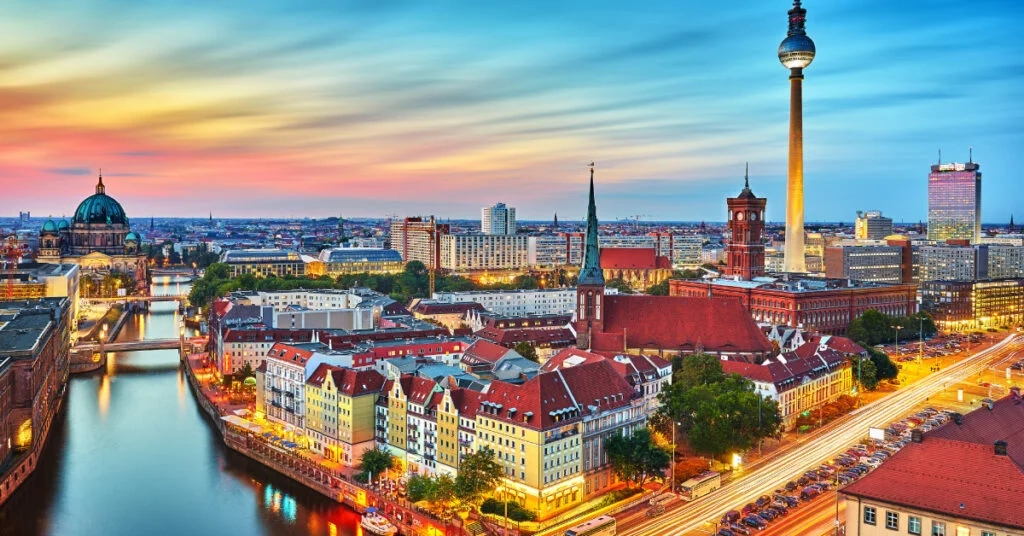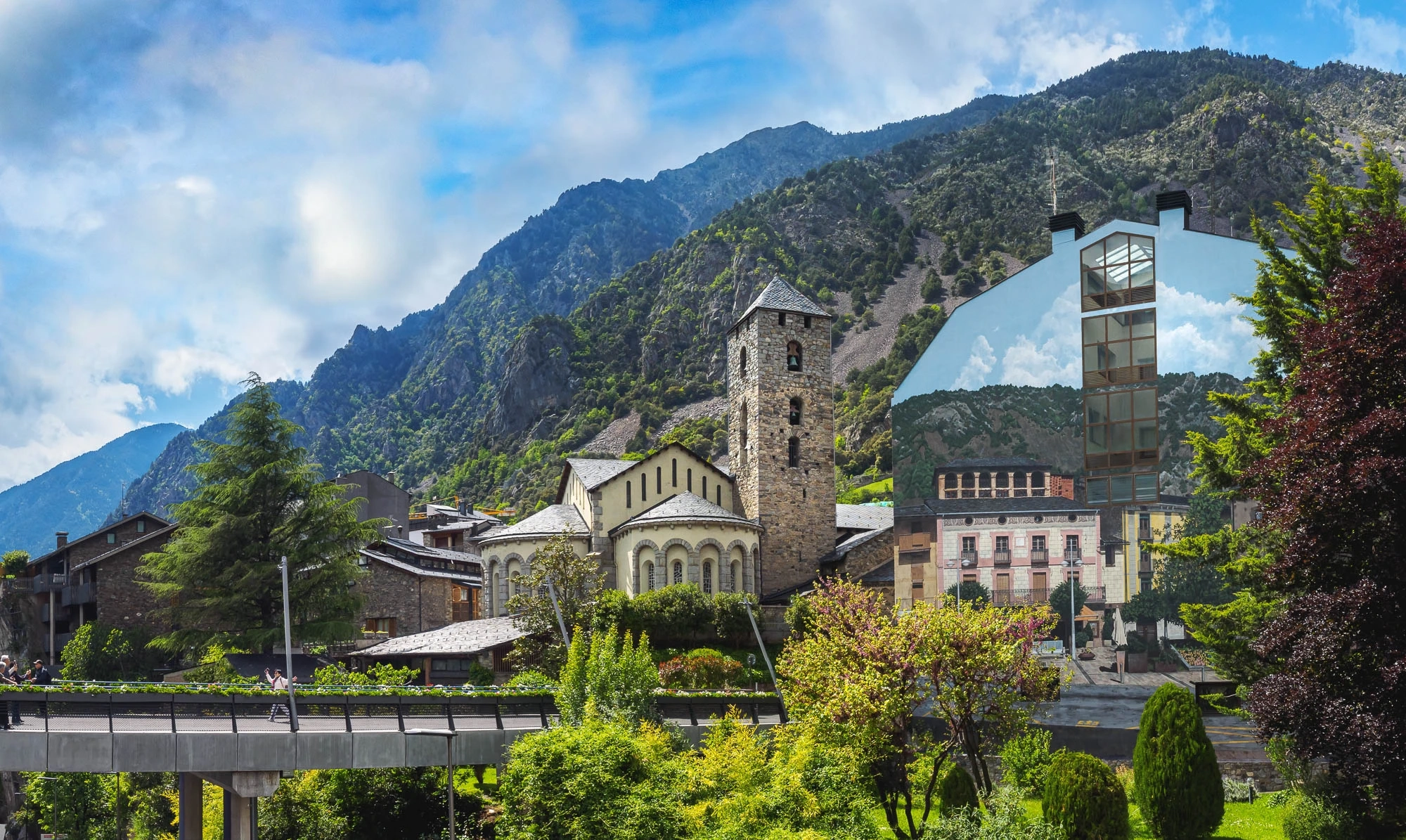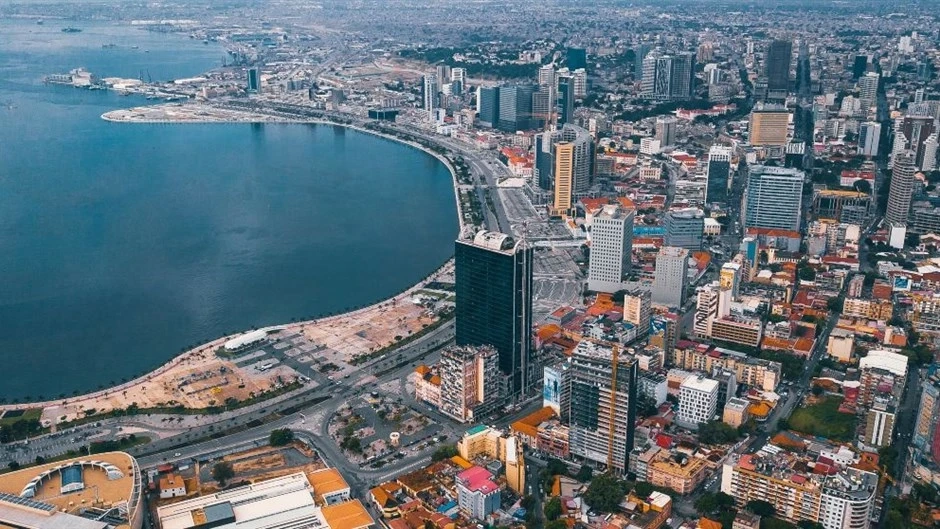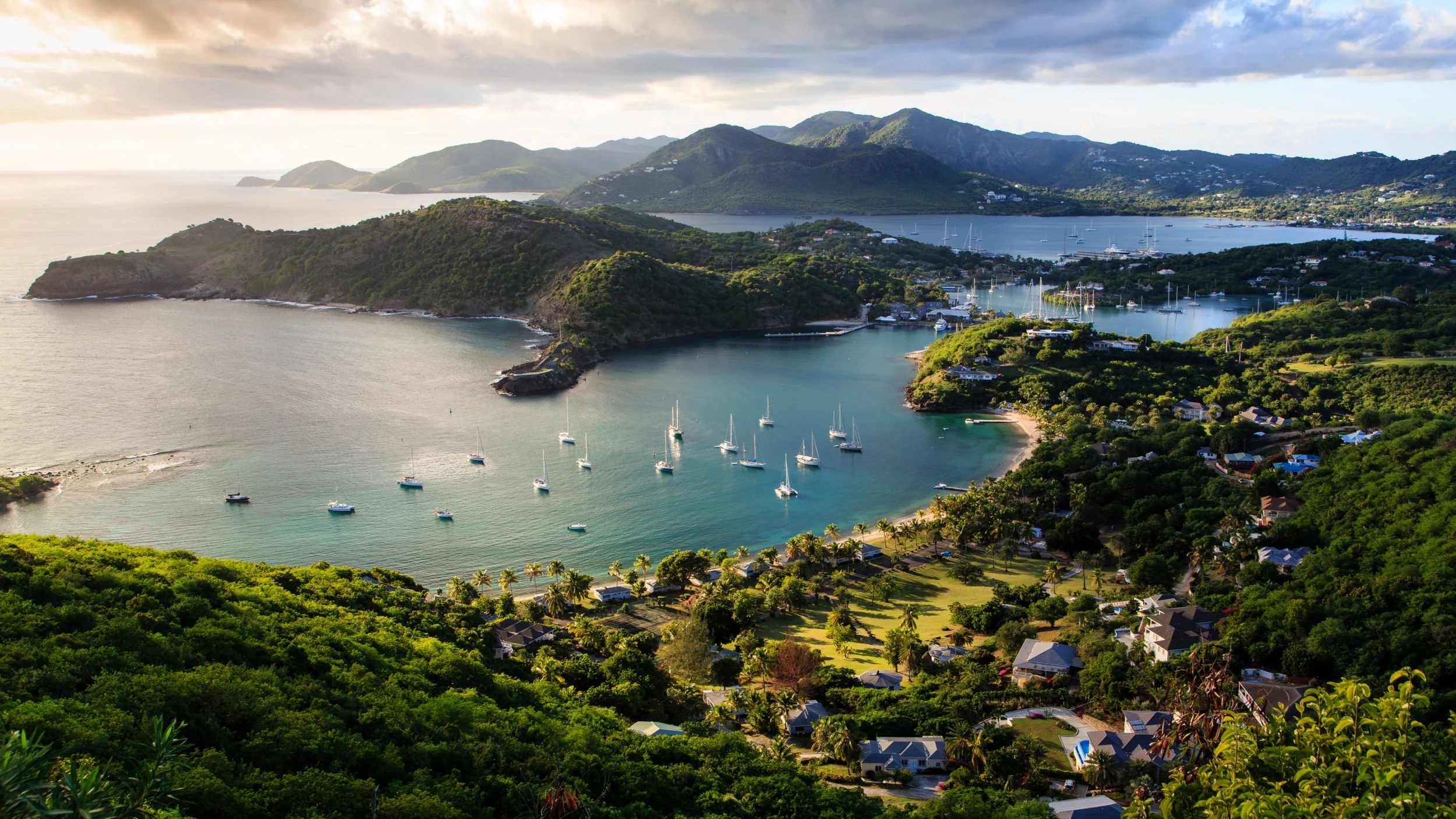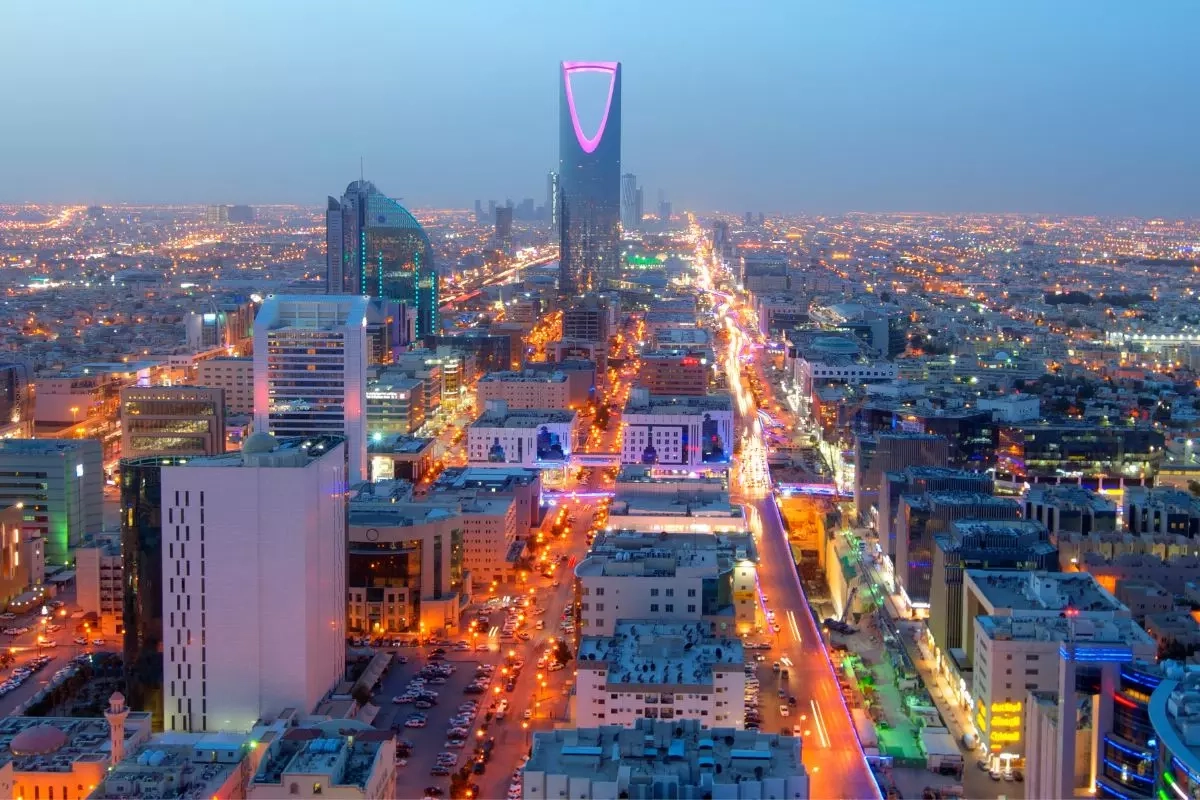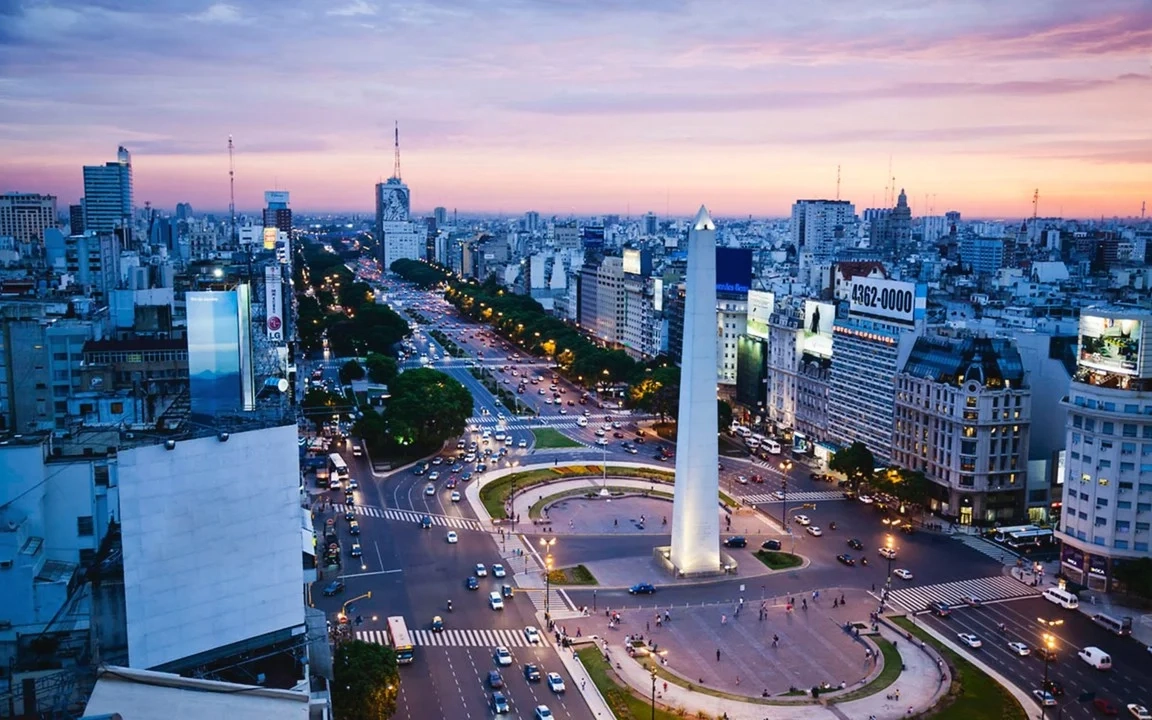Housing:
- Renting a one-bedroom apartment in the city center: €100 - €200 per month
- Renting a studio apartment outside the city center: €50 - €120 per month
Transportation:
- Public bus: €0.20 - €0.30
- Initial taxi fare: €0.50 - €1
- One liter of gasoline: €1 - €1.20
Meals:
- Lunch in an inexpensive restaurant: €1 - €3
- Basic lunch at a street vendor: €1 - €2
Healthcare:
- Basic visit to the doctor: €10 - €20
- Common prescription medicines: €2 - €10
Utilities (electricity, heating, cooling, water supply and garbage collection):
- Monthly cost of a standard apartment: €30 - €50
Entertainment:
- Movie ticket: €2 - €4
- Meals for two in a medium-sized restaurant: €15 - €30
Pros:
- Cost of living: Burkina Faso is known for its relatively low cost of living, making it an affordable country for expats and immigrants.
- Friendly locals: The people of Burkina Faso are known for their hospitality and friendliness, which makes immigrants feel welcome here.
- Unique cuisine: Enjoy the local cuisine, which includes a variety of flavorful dishes and street food that can be both delicious and budget-friendly.
- Natural beauty: Burkina Faso boasts stunning natural landscapes, including national parks, wildlife and picturesque villages.
Cons:
- Healthcare challenges: The quality and availability of healthcare services can be limited, especially in rural areas. Foreigners may face problems in accessing quality medical care.
- Security concerns: Although Burkina Faso is generally considered a safe country, there are some security concerns, especially in the border areas. It is important to be aware of the local security situation.
- Economic challenges: Burkina Faso faces economic challenges that may affect employment opportunities and economic stability.
- Quality of education: While education is available, the quality of education can vary. International schools may be limited in certain areas.
- Language barriers: Learning the local language, such as Mura or Diula, may be necessary to fully integrate into society, and the language barrier may be a problem for some immigrants.
1. Ouagadougou: Ouagadougou, the capital and largest city of Burkina Faso, is the economic and cultural center of the country. It offers many amenities, including international schools, medical facilities, and a vibrant art and music scene. As the capital, the city offers a variety of employment and entertainment opportunities.
2. Bobo Diulasso: The second largest city in Burkina Faso, Bobo-Dioulasso is known for its laid-back atmosphere and cultural heritage. It is a center of traditional music and dance. The city offers a combination of modern amenities and a slower pace of life compared to the capital.
3. Kudugu: Kudugu is a small city known for its educational institutions, including the University of Kudugu. It offers a more relaxed lifestyle compared to bigger cities.
4. Banfora: Located in the southwestern part of the country, Banfora is known for its natural beauty. It's close to the Banfora Cascades, a series of stunning waterfalls, and the Comoé National Park. If you love outdoor activities and nature, this is a great choice.
5. Wahiguya: Ouahigouya, in northern Burkina Faso, is known for its strong sense of community and cultural festivals. It is a more rural and traditional place compared to the urban centers in the south.
1. Take time to learn about the culture, customs, and lifestyle of Burkina Faso. Understanding the local culture will help you adapt more easily.
2. Although French is the official language, many people in Burkina Faso also speak local languages. Learning a local language, such as Mura or Dioula, can help you communicate and integrate better.
3. Be aware of the local security situation, especially if you plan to live near the country's borders. Pay attention to travel advice and take the necessary precautions.
4. Be open to accepting different cultural norms and practices. The culture of Burkina Faso is diverse and respect for local customs is very important.






